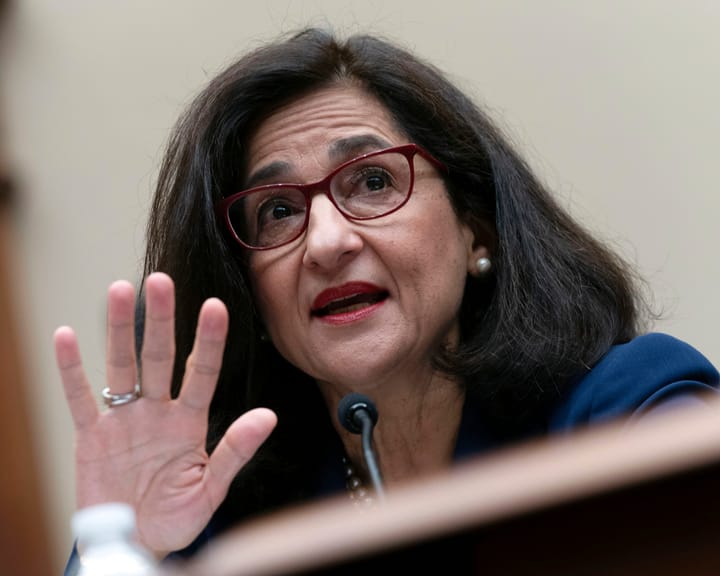The Rework7 analysis focuses on Keir Starmer's response to his party's victory in South West Norfolk and its implications for UK politics. Despite Labour winning a majority of seats but only 35% of the overall vote share, the election outcome reflects an increasingly fragmented political landscape with six parties securing Commons seats alongside successful independents.
Keir Starmer delivered an outstanding speech acknowledging this moment as a repudiation election rather than one driven by euphoria or enthusiasm. He emphasized Labour's primary goal of serving the electorate and building trust through solid governance, promising "stability and moderation." His administration seeks to gradually overcome public suspicion and disillusionment with major political promises such as Brexit and levelling up.
Starmer's cabinet appointments consistently mirrored his opposition portfolio choices, prioritizing experience and competence over flashiness or headline-grabbing moves. While the new government faces significant challenges in managing public finances and maintaining political unity within a wide coalition, Starmer sees potential for progressive change given the people's desire to break free from the Conservatives.
The victory has raised questions about Labour's long-term support base, which may face splintering due to diverse policy preferences among voters. However, Starmer and his team aim to navigate this volatile landscape by addressing critical issues such as migration while also appealing to leftist supporters on foreign policy matters like relations with Europe or positions on Gaza.
The political climate post-election offers both challenges and opportunities for the Labour government, which must balance competing interests within its coalition to govern effectively in a changing landscape.
Read next

"Starmer appoints ex-Bank deputy governor as top economic advisor"
Minouche Shafik to Become Keir Starmer’s Chief Economic Adviser
Former Bank of England deputy governor Minouche Shafik is expected to join Keir Starmer’s team as his chief economic adviser.
Her appointment comes as the prime minister’s office prepares for the autumn budget, following Shafik’s recent leadership

"Home Office wins appeal allowing asylum seekers to stay at Epping hotel"
The appeals court has determined that the injunction issued by the high court should not have been approved.
Those involved acknowledge they have become part of a broader discussion about how asylum seekers are managed and urge the public to recognize that the Bell hotel was only fulfilling a government-mandated

"Scottish Greens' new leaders push for universal income and free bus fares"
Scottish Greens' new leaders, Ross Greer and Gillian Mackay, have pledged to advocate for a universal income, free bus travel, and increased taxes on high earners following a subdued leadership race.
Greer and Mackay, previously backbench MSPs at Holyrood, were elected co-conveners of the Scottish Greens with a notably

